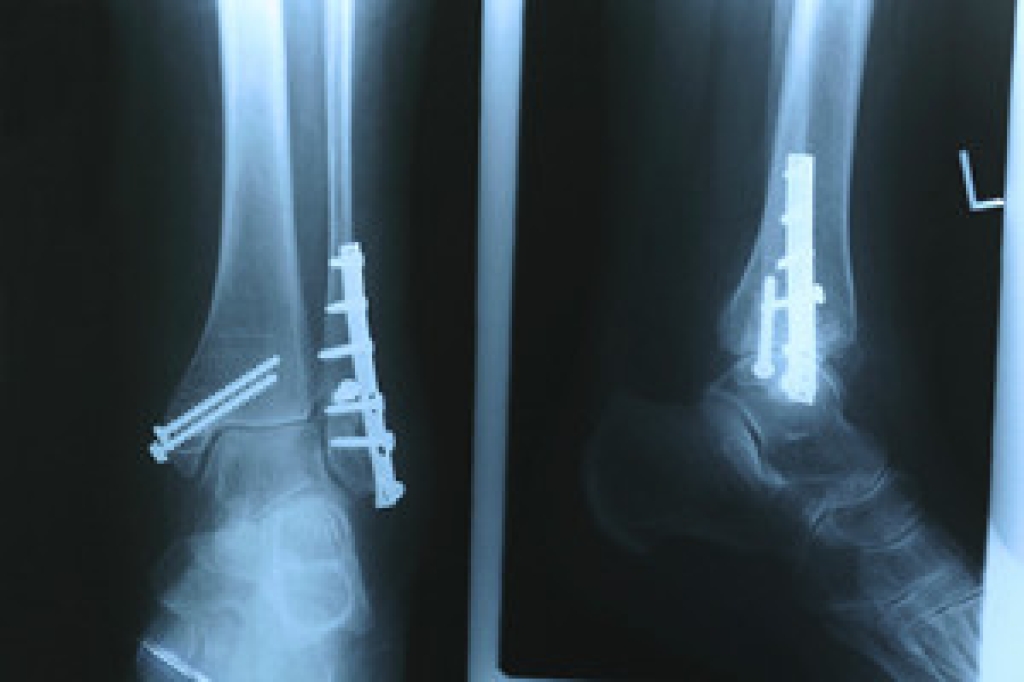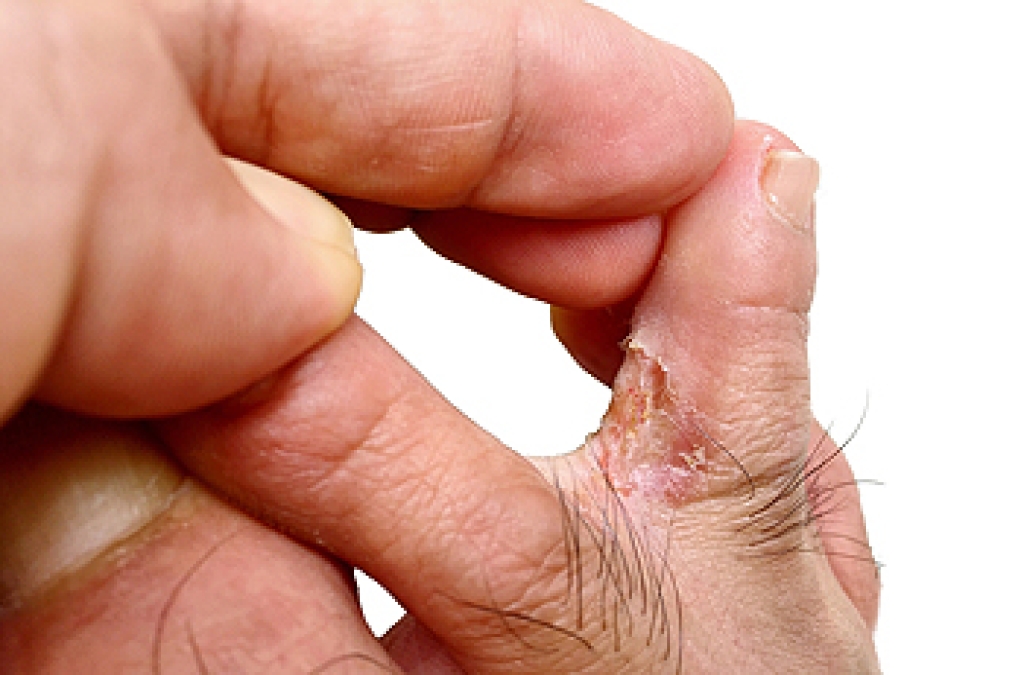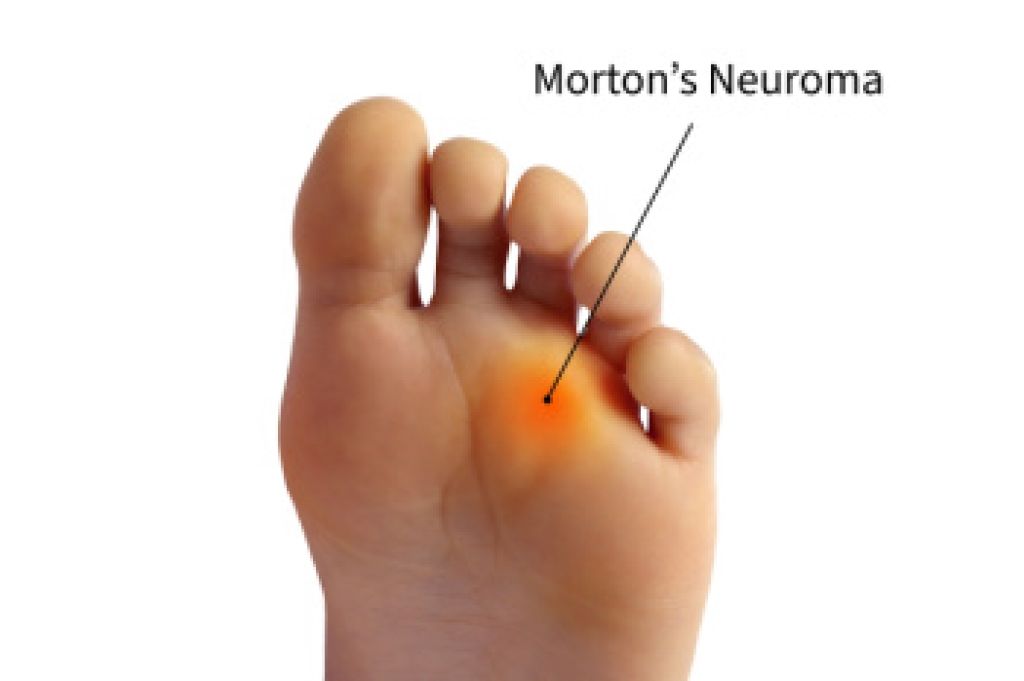
Starting your journey as a runner can be a fulfilling endeavor for both physical fitness and mental well-being, but it's important to approach it with caution to avoid injury. Begin by setting realistic goals and pace yourself according to your fitness level. Invest in quality running shoes that provide proper support, cushioning, and fit. To build endurance gradually, try the run-walk-run method, alternating between running and walking intervals. Always warm up before and cool down after each run, with dynamic and static stretches respectively, to prepare your muscles and aid recovery. Increase your mileage gradually to avoid overexertion, aiming for consistency in your running routine with three to four runs per week. Incorporate various types of runs, such as interval training and hill repeats. Listen to your body and take rest days as needed, paying attention to any signs of discomfort or persistent pain. If you sustain an injury from running, it is suggested that you make an appointment with a podiatrist for an exam and treatment.
Exercising your feet regularly with the proper foot wear is a great way to prevent injuries. If you have any concerns about your feet, contact one of our podiatrists of Associates in Podiatry, PC. Our doctors will treat your foot and ankle needs.
How to Prevent Running Injuries
Many common running injuries are caused by overuse and overtraining. When the back of the kneecap starts wearing out and starts causing pain in your knee, this is commonly referred to as runner’s knee. Runner’s knee is a decrease in strength in your quadriceps and can occur if you’re not wearing properly fitted or supporting shoes. To prevent runner’s knee, focusing on hip strengthening is a good idea, as well as strengthening your quads to keep the kneecaps aligned.
What Are Some Causes of Running Injuries?
- One cause of a common running injury is called iliotibial band syndrome.
- Plantar fasciitis is also another common injury.
- Stress fractures can occur from overtraining, lack of calcium, or even your running style.
Best Ways to Prevent Running Injuries
- Wear footwear that fits properly and suits your running needs.
- Running shoes are the only protective gear that runners have to safeguard them from injury.
- Make a training schedule. Adding strengthening exercises as well as regular stretching can help keep you strong and limber and can lessen the possibility of injuries.
- Stretching keeps muscles limber; this will help you gain better flexibility.
If you have any questions, please feel free to contact our offices located in Pittsburgh-South Hills, and Pittsburgh-Bellevue, PA . We offer the newest diagnostic and treatment technologies for all your foot care needs.




